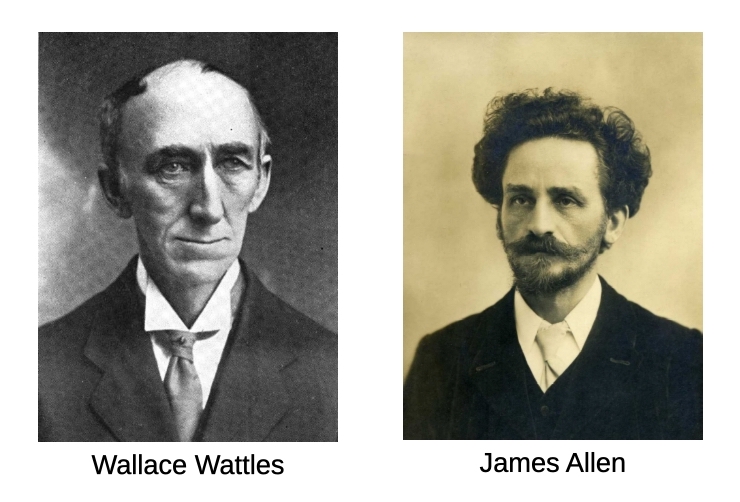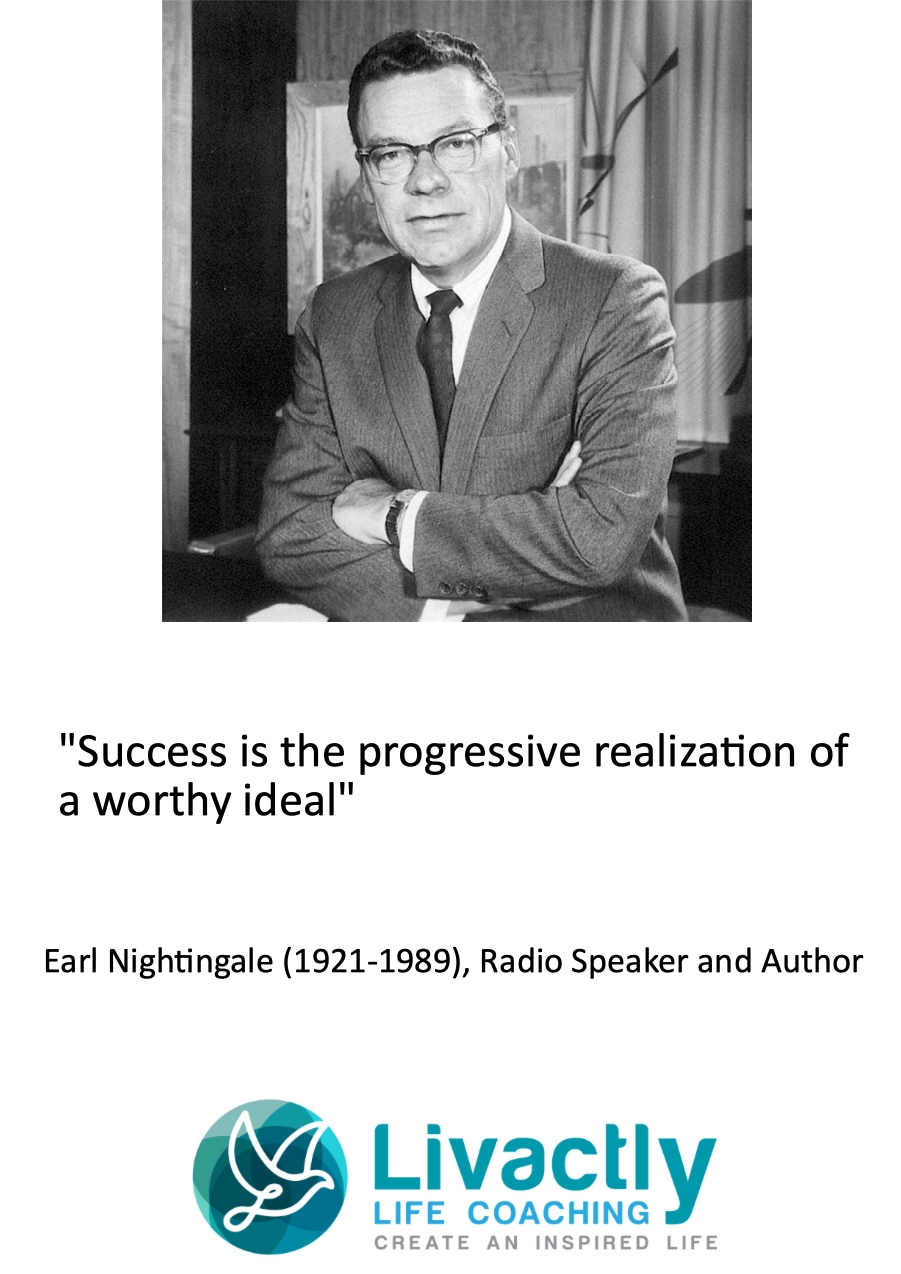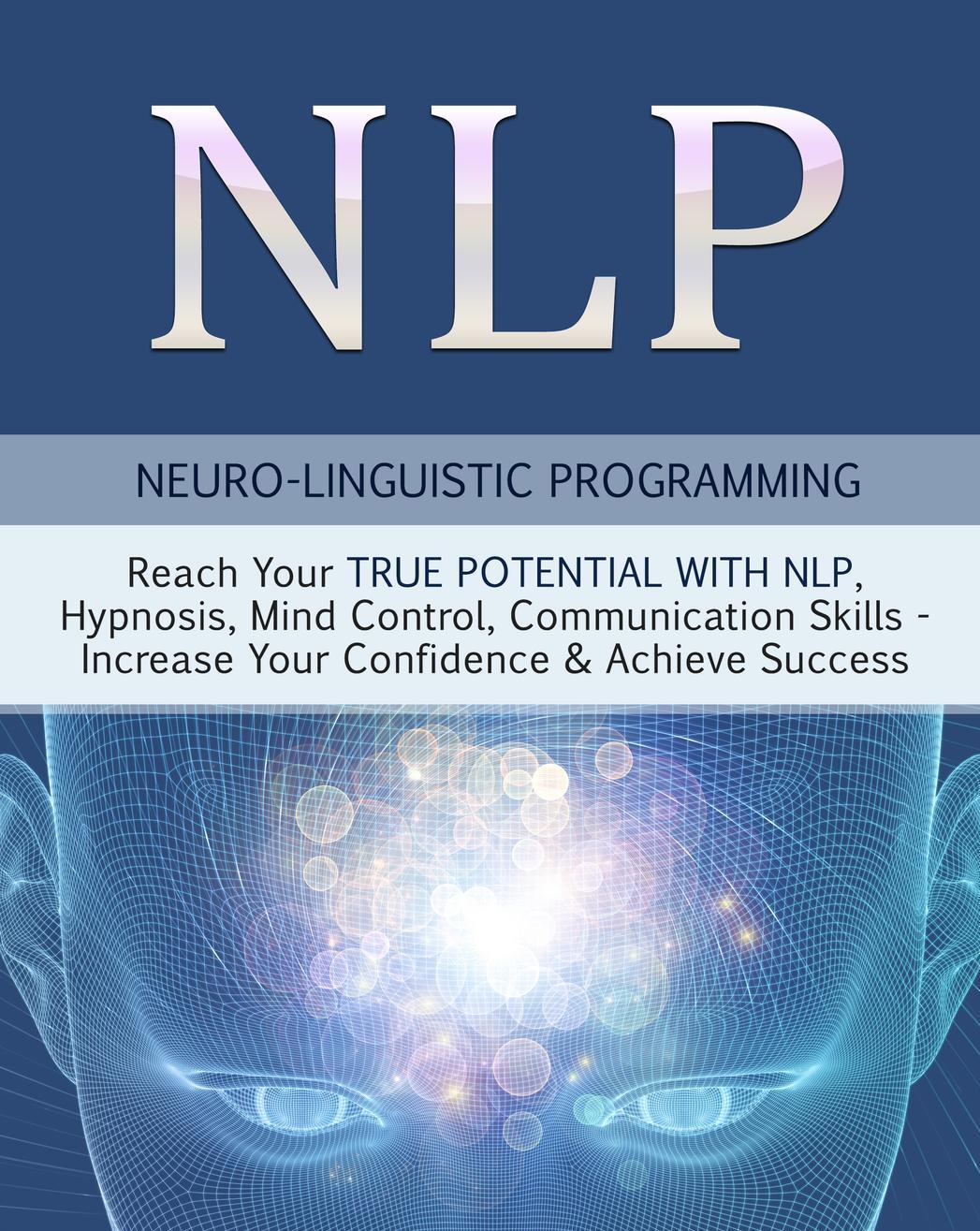In this article we look at Ideals, Values and Goals, and how they differ from each other.

Introduction
In the literature on Personal Development, the most prolific of all topics is that of ‘Goal Setting’.
A simple search online reveals thousands of articles on the topic and you could be forgiven for getting a trifle confused!
Today the most common system for ’Goal Setting’ is the S.M.A.R.T. system, which I won’t detail here as it is easy to find on a search engine.
All I will say now is that it is a systematic way of defining and setting your goals so that can they can be actioned in a logical and systematic way.
It’s important to understand how we arrive at a goal. According to the SMART system, the first attribute is ‘Specific’. We must have specific thing in mind.
However, many people come from a position of ‘want’ or ‘desire’. These positions are rooted in other aspect of a person’s paradigm or “internal map of reality”.
Before the SMART system came about in the early 1980’s, many of the personal development teachers and masters had their own systems for achievement.
Some developed the idea of ‘worthy ideals’. Others talked about ‘values’.
Others merely talked about goals in a general way without being specific about what they meant.
Today I am going to look briefly at these early ideas and compare them with the S.M.A.R.T. system, as well as look at some competitor systems from history.

Values and Goals - Origins: James Allen, Wallace Wattles and the ‘New Thought’ movement
At the turn of the 20th century, there was a movement that rebelled against the prevailing religious views of the universe.
The New Thought movement held the belief that the divine (not God) is everywhere in the universe and is what we call ‘thought’.
One of the principles of the movement stated that all you had to do was to think of what you wanted and it would manifest itself.
This idea in turn evolved into the so-called ‘Law of Attraction’.
Needless to say, the Law of Attraction has experienced a revival in the last 20 or so years with the release of the movie ‘The Secret’.
The concept of Desire - 1937 and Napoleon Hill
In Napoleon Hill’s ‘Think And Grow Rich’, published in 1937, chapter 2 is on the subject of ‘Desire’.
To quote Hill, “Dreams come true when desire transforms them into concrete action. Ask life for great gifts and you encourage life to deliver them to you”.
From the beginning of humanity, all achievement has been a result of our dreams and desires. That’s not to say humans are unique. Every animal has a survival instinct that could crudely be called desire.
It’s Man’s ability to think and communicate those thoughts to other humans that makes us kind of special.
We’re able to caress and mould our environment to meet our needs and achieve just about anything we desire. Either alone, or with the cooperation of others.
However, desire is still a fairly general thing to have. Every one wants to be do and have more than they do or have right now.

Values and Goals - The concept of a Worthy Ideal (Earl Nightingale and Bob Proctor)
So what is ‘A Worthy Ideal?’ Earl Nightingale defined Success as
“The progressive achievement of a worthy ideal’.
However the 'worthy ideal' needs further explanation.
Bob Proctor said that a worthy ideal is something that you want so badly that you are willing to move mountains to get it.
An ideal differs from a goal in that it is the overriding or overseeing principle that generates your goals.
Your goals can change quickly and greatly, but your ideals change more slowly.
An example of an ideal is ‘I want to make more than $150K per month’.
This is not specific as to how that could be achieved. It certainly might look like a huge mountain to some people, but to others it may be peanuts!
For someone who sets this ideal, it is something that involves them emotionally and spiritually.

Values - The 1970’s and the era of Neurolinguistic Programming (NLP)
In the era of modern life coaching, tools such as hypnosis and NLP are now regarded as the standard. One concept of this era is the idea of ‘values’.
These are ideas that the individual regards as important. They can be general or specific. Examples include ‘integrity’, ‘service’, ‘family values’ - and the list is endless: if it’s important to you it’s a value to you.
Because they are ‘important’ to you, values make up a highly important category of each individual’s 'paradigm', or world view.
And values make up a very important part of setting your goals.

Kick Your Goals And Succeed In Life!
Values and Goals - In Conclusion
It is now commonly regarded that we set our goals based upon our ideals, which in turn are based on our values.
If we fail at our goals and give up, it usually means that the goal was not supported by our values.
If your goals are in tune with your values, then even if you fail multiple times, your values will see that you achieve them in the end.
So the lesson to be learned when setting goals is to ask yourself the questions: “do these goals support my values?”
Once you have established this, it’s hard to see you failing - unless you realise that your values need changing.
And that's a whole 'nother' matter!

